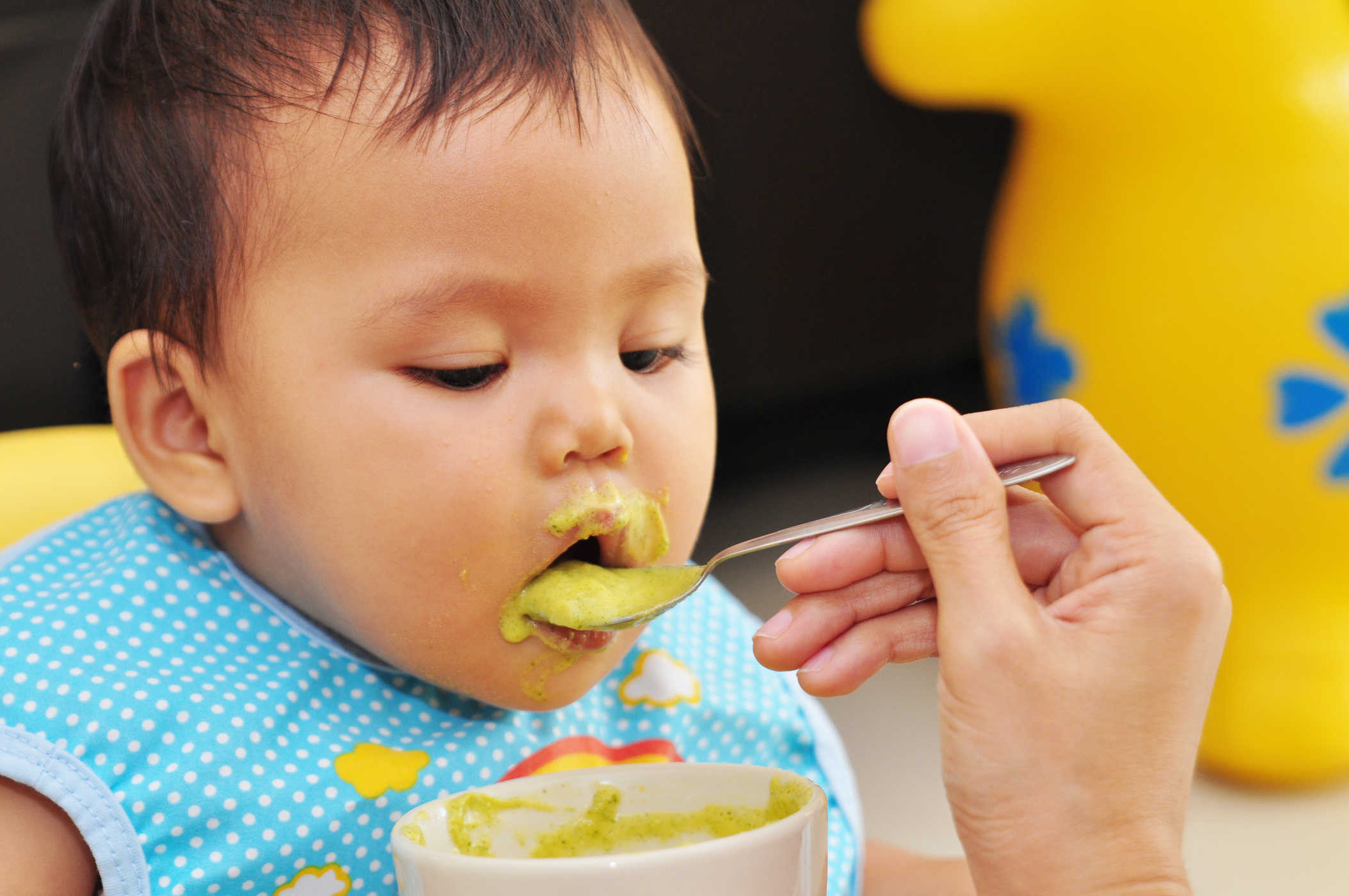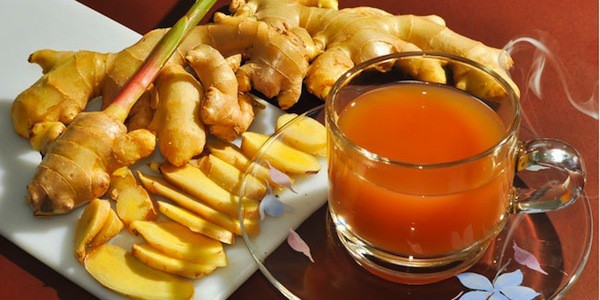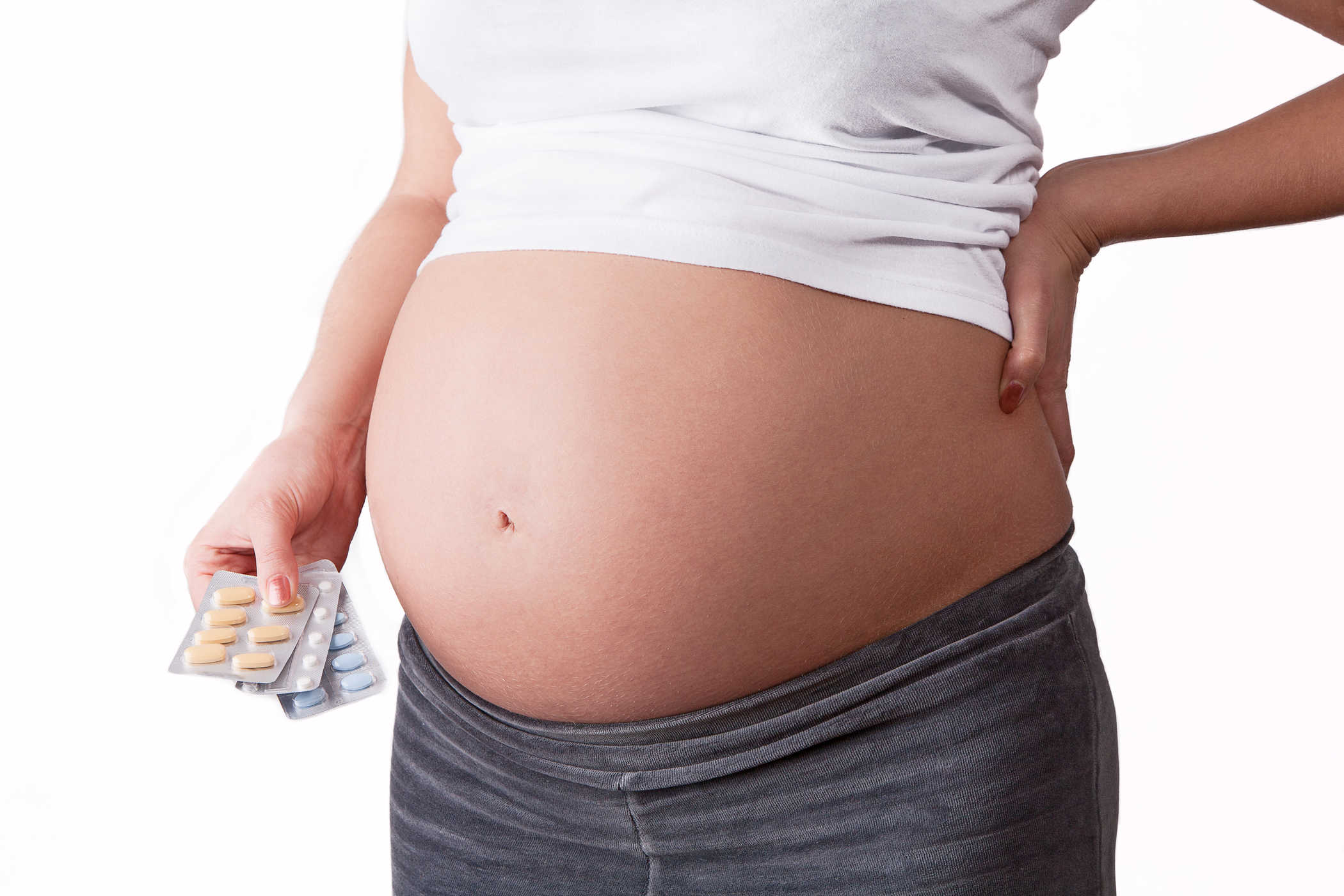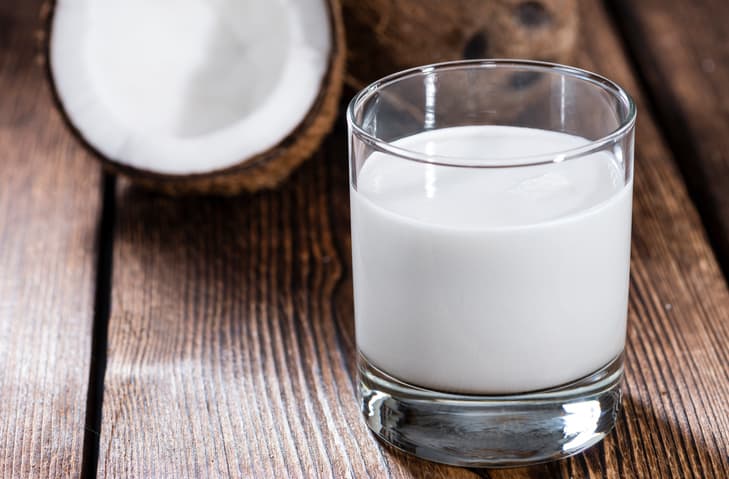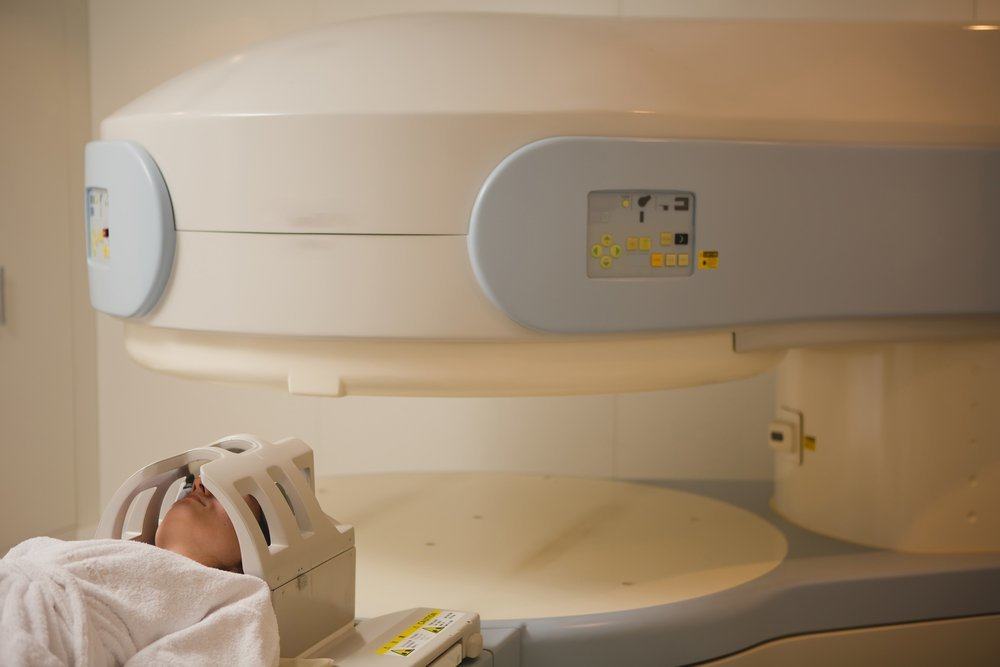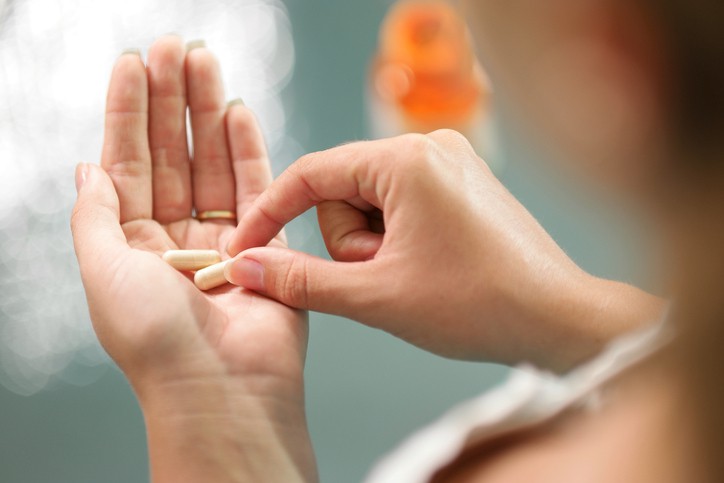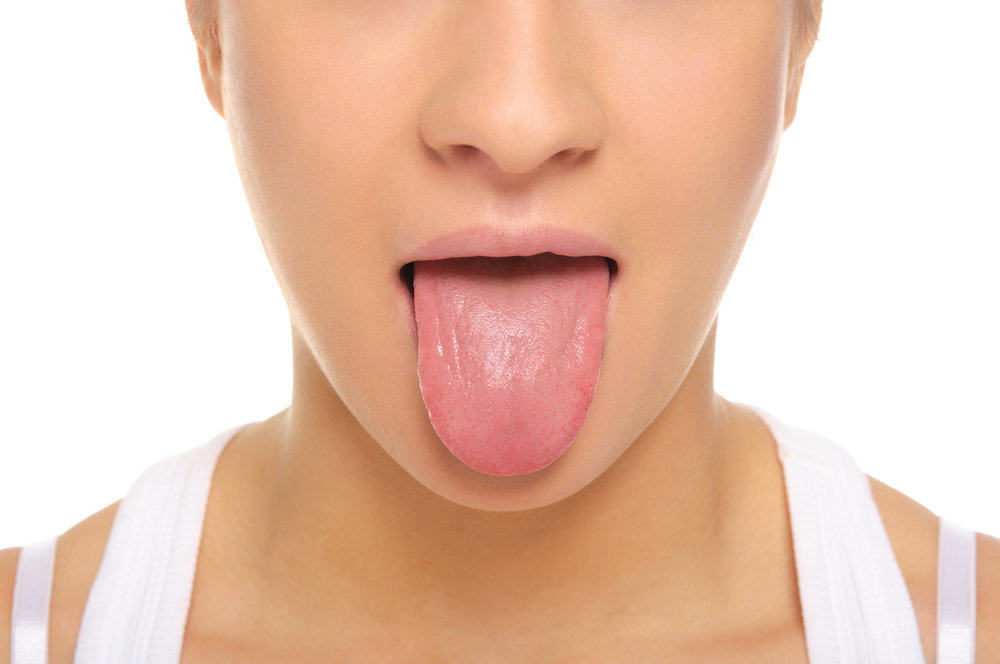Contents:
- Medical Video: Fertility Advice for Women: Dr. Sanjay Agarwal
- What are the benefits of providing MPASI?
- What signs of my baby can begin to be given MPASI?
- Why should complementary feeding be given when the baby is 6 months old?
- How do you provide good MPASI?
- Some foods should be avoided as MPASI
Medical Video: Fertility Advice for Women: Dr. Sanjay Agarwal
After the age of 6 months, the baby begins to be introduced to complementary foods of breast milk (MPASI. Giving MPASI must be in accordance with the specified schedule, and given in stages, because giving too fast or slow can cause health problems in infants. , mothers are encouraged to continue to give breast milk to babies, because in reality this MPASI is an exclusive complementary food
What are the benefits of providing MPASI?
The nutritional content of exclusive breastfeeding can meet the nutritional needs of infants up to 6 months of age. Furthermore, a baby needs additional nutrition in the form of MPASI to prevent disruption of growth and development. In addition, complementary feeding also functions to exercise the ability of the oromotor muscles (muscles in the mouth) and motoric abilities of the baby.
What signs of my baby can begin to be given MPASI?
When introducing MPASI to infants is important because it can affect the health of the baby in the future. Giving MPASI is said to be successful if it can meet the nutritional needs of the baby, the baby can swallow well (not choking), and does not exceed the ability of the digestive organs and kidneys to digest food.
Some signs that your baby is ready to be introduced to MPASI are:
- Babies can stand if helped.
- Babies are able to hold their head and neck so they don't fall.
- Demonstrate good motor skills such as being able to grasp and insert food or toys towards the mouth.
- Move forward and open your mouth if you are attracted to food, and back and close your mouth if you are not interested in food or not hungry
Why should complementary feeding be given when the baby is 6 months old?
Giving complementary feeding is tailored to the nutritional needs, abilities, and readiness of the baby's organs to receive additional food. Too fast or slow can give effects that are less desirable for baby's health.
The effect of giving MPASI is too fast:
- The baby's motorbike is not ready, increasing the risk of choking.
- The baby's digestive system is not ready, indigestion can arise.
- Giving MPASI too quickly is a risk factor for allergies, eczema, and obesity.
The effect of giving MPASI is too slow:
- Impaired growth, because the nutritional intake of exclusive breast milk does not meet the daily needs of the baby.
- Rejection of solids, the baby becomes picky eater because it is not accustomed to MPASI
How do you provide good MPASI?
6-8 months of age
At this age MPASI is given 2-3 times a day, with intervals of 1-2 times. Foods that can be given are usually pulverized food: fruits that are scraped or mashed like bananas, papaya, potatoes, or milk porridge, filtered porridge or mashed rice. When you get used to it, you can add other foods such as eggs or meat that has been mashed.
Ages 9-11 months
At this age, solids are given 2-3 times a day, with intervals of 1-2 times. At this age the digestion of the baby is stronger, so it can be given food such as team rice filter porridge, biscuits, or finger foods.
Age> 12 months
At this age, solids are given 2-3 times a day, with intervals of 1-2 times. Babies can be given soft rice with side dishes in the form of tofu, tempeh, eggs, fish, or meat that has been chopped.
Some foods should be avoided as MPASI
When introducing MPASI, try to introduce one by one food, so that it is known whether there is an allergy or not. If not, other foods can be added.
In addition, some foods that must be avoided are:
- Foods that are hard and round if the baby is under 12 months old, because it can cause choking.
- Pure cow's milk and honey. Consumption of cow's milk can cause iron deficiency, whereas honey can cause botulism poisoning.
- Fruit juice. Fruit juice can be introduced if the child can drink from a glass, but it is not recommended if the child is not 6 months old. Safe consumption ranges from 4-6 ounces / day, more than that can cause diarrhea and cavities.
READ ALSO:
- Best Solid Foods for MPASI
- 5 Worst Foods for Babies
- 7 First Vegetables to Introduce to Babies

